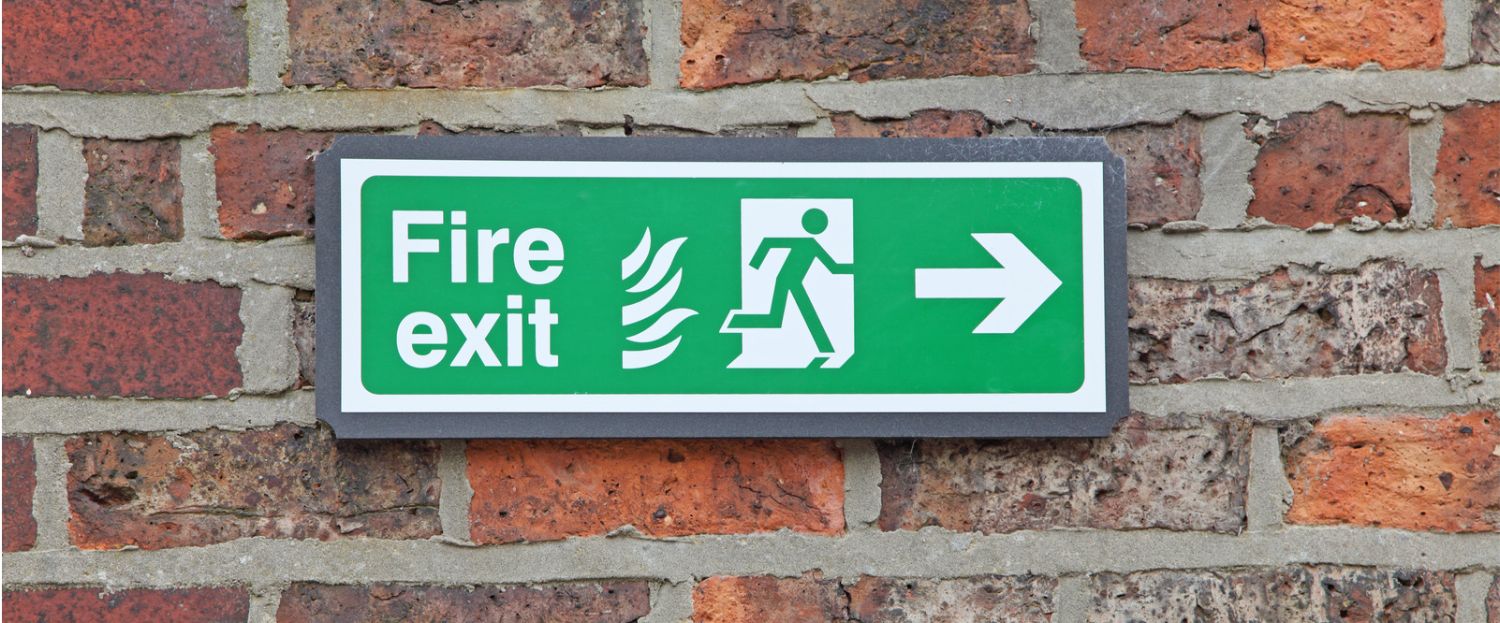Let's delve into the specifics of workplace fire safety. We'll cover some essential steps that businesses can take to reduce the risk of workplace fires. Remember, it's always better to be proactive than reactive.
Keep Your Workplace Clean and Clutter-Free
A cluttered workspace is not only an eyesore but also a potential fire hazard. Piles of paper, cardboard boxes, and other combustible materials can easily catch fire if they come in contact with heat sources or sparks. It's important to keep work areas clean and free from unnecessary clutter to prevent workplace fires.
Regularly Inspect Electrical Equipment
Fires in the workplace can often be traced back to defective electrical equipment. Regular inspections can help identify any damaged cables, overloaded circuits, or malfunctioning devices before they cause serious problems. Make sure to inspect all electrical equipment regularly to prevent workplace fires.
Install Smoke Detectors and Sprinkler Systems
An early warning system like smoke detectors can save lives by alerting employees to evacuate quickly during a fire emergency. It's important to demand that businesses install and maintain appropriate fire detection systems. Additionally, consider installing a sprinkler system to help suppress fires before they get out of control.
Train Employees on Fire Safety
Ensure that all employees are familiar with fire safety measures and can correctly utilise tools such as extinguishers. Regular training sessions for all staff members (new and old) can help prevent workplace fires.
Designated Smoking Areas Away from Flammable Materials
If you allow smoking in the workplace, designate specific areas away from flammable materials and provide proper receptacles for cigarette butts. This will reduce the risk of accidental fires caused by poorly discarded cigarettes or matches.
Create an Emergency Plan
As an employer, owner, or tenant of a property that isn't classified as a 'single private dwelling' (i.e., a private home), it's your duty to ensure the safety of individuals in the event of a fire.
While it's optimal to prevent fires, legal obligations also necessitate the creation of a comprehensive fire emergency plan. This plan is essential in enabling your team and the general public to remain safe and avoid harm.
For more information on Emergency Plan's, consult the London Fire Brigade's website.
By implementing these strategies, you'll be taking significant steps toward preventing workplace fires and ensuring a safer environment for everyone involved.
Key Takeaway
It's crucial for businesses to identify potential fire hazards in the workplace and understand the common causes of fire. Taking proactive measures can help prevent workplace fires and ensure the safety of employees. Remember that most fires are preventable, so it's essential to maintain a safe and secure working environment.
Being proactive about preventing workplace fires can save lives, prevent injuries, and minimise property damage. Remember to regularly assess your workplace for potential hazards and educate employees on fire safety procedures.







